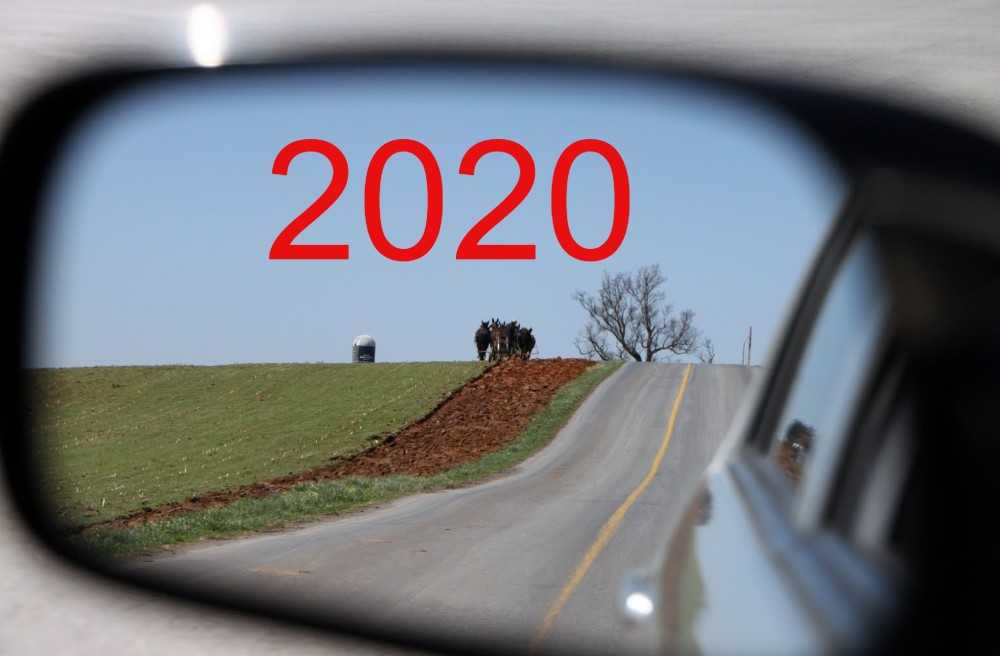ITB Berlin NOW, Statista Look Back on 2020

2020 stood out in many ways but it was dominated by the Covid-19 pandemic. The spread of the coronavirus changed the everyday lives of billions, and for many companies it triggered an economic crisis. Nevertheless, there is cause for hope.
Despite the crises of 2020, a global decline in arrivals and consequent business losses, according to the forecasts of the Mobility Market Outlook (MMO) released by the data and market research institute Statista. The global travel and tourism market is set to recover fully from the coronavirus pandemic by 2023 and achieve record turnover figures.
According to Statista's MMO the global travel and tourism revenue for 2021 is forecasted to increase by over 50% compared to 2020. New revenue records can be expected from 2023 onwards; for 2025 the MMO experts even predict a revenue growth of almost 23% versus the success year 2019.
Statista projects a 55% loss of turnover in the tourism industry for 2020. According to UNWTO figures, between 1950 and 2019 annual international arrivals increased from 25 million to almost 1.5 billion, by a total of 5,744%. By contrast, in October 2020, year-on-year international tourism arrivals fell by 72%.
This also impacted the German travel industry, which according to Norbert Fiebig, president of the German Travel Association (DRV), registered a 28 billion euro decline (80%) in turnover in 2020.
According to a November 2020 survey by the DIHK, 94% of companies in the German travel sector expected a turnover decline in 2020. No other industry has registered such high losses, and as a result the tourism industry has been particularly hard-hit by the coronavirus pandemic.
Looking back on travel in 2020, the tourism industry has been heavily impacted by the restrictions put in place by national governments due to the pandemic. Various statistics show that those months, in which strict measures were issued to contain its spread, were particularly challenging for the tourism sector. According to UNWTO figures, hotel bookings in Germany declined considerably during spring and autumn – in April German hotels registered a year-on-year drop in visitors of 91%.
During the first half of 2020 it became evident that summer travel in Germany would be different to previous years. According to ZDF-Politbarometer figures from a May 2020 survey of German citizens, the coronavirus pandemic affected the travel plans of more than 50% of those polled. This was also reflected in people's destination preferences. According to a representative survey by Allianz Partners, prior to the global coronavirus outbreak 22% of German citizens favoured long-haul destinations, compared with 6% after the pandemic began. By contrast, the percentage of respondents preferring 'staycations' more than doubled, rising from 30% to 61%. Accordingly, Google search requests for 'vacation / Germany' tripled in late May, compared to the same period the year before.
Domestic tourism has not been impacted as severely by the pandemic as international tourism: domestic tourism is expected to recover as early as 2022
Projections by Statista based on WTTC, WorldData and OECD figures show that domestic tourism markets in Germany and other popular countries have not been impacted as severely by the coronavirus pandemic as international tourism.
In 2019 domestic tourism accounted for close to 259 billion euros, 85% of Germany's domestic tourism revenues, whereas for 2020 the share is projected to be 91% (approx. 173 billion euros).
Accordingly, turnover in Germany's international tourism market is forecast to shrink by over 60 %, from approximately 45 billion to around 16 billion euros. At the same time domestic tourism is expected to recover as early as 2022, with turnover reaching 2019 levels.
About Statista
Established in 2007, Statista has 900 employees at 12 locations on four continents. Statista is a leading data and business intelligence platform and provides international market and consumer surveys. Statista's Research & Analysis division augments the platform's services by providing individual market research, data research, data analyses and data modelling, as well as graphic data visualisation.














